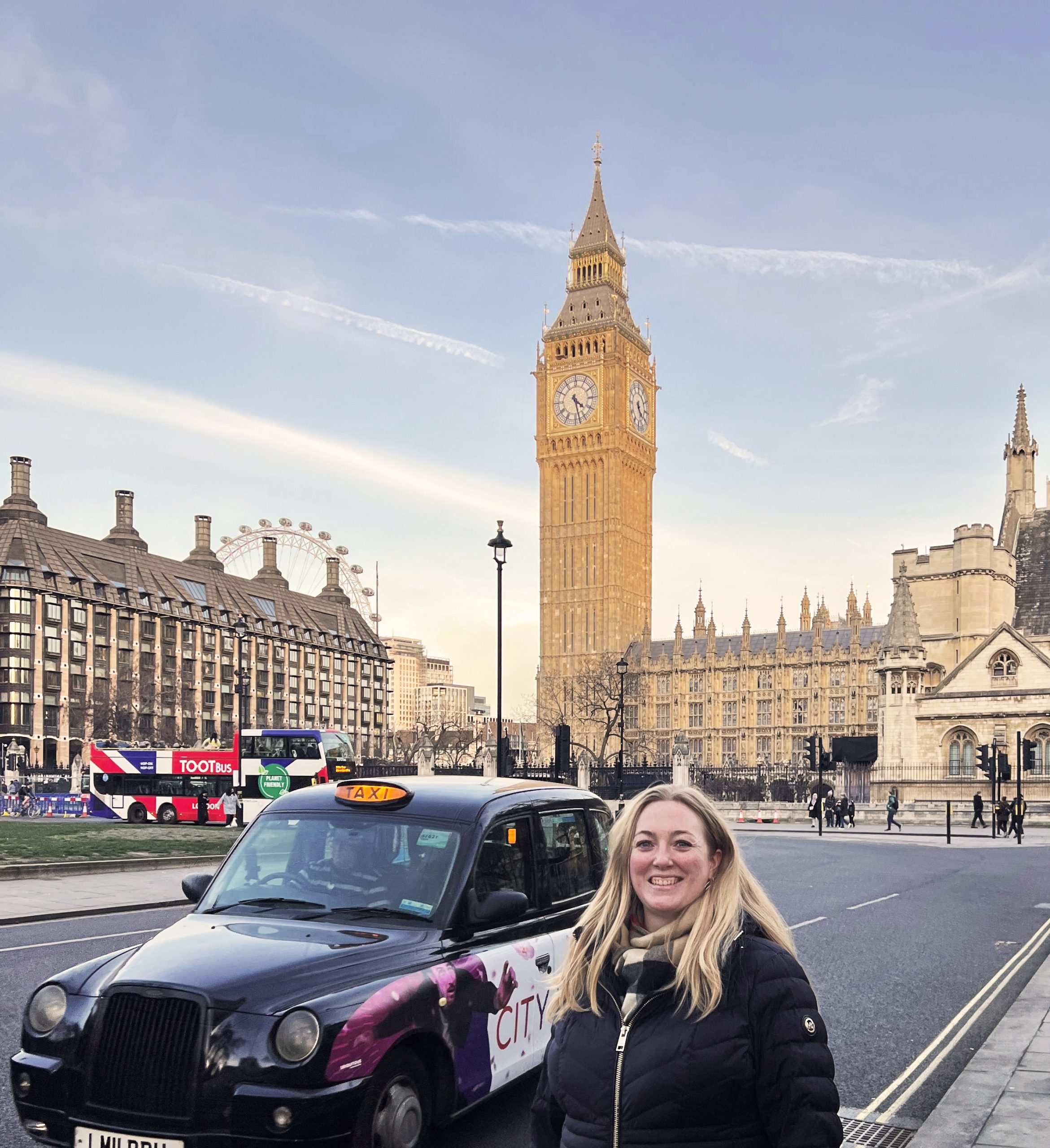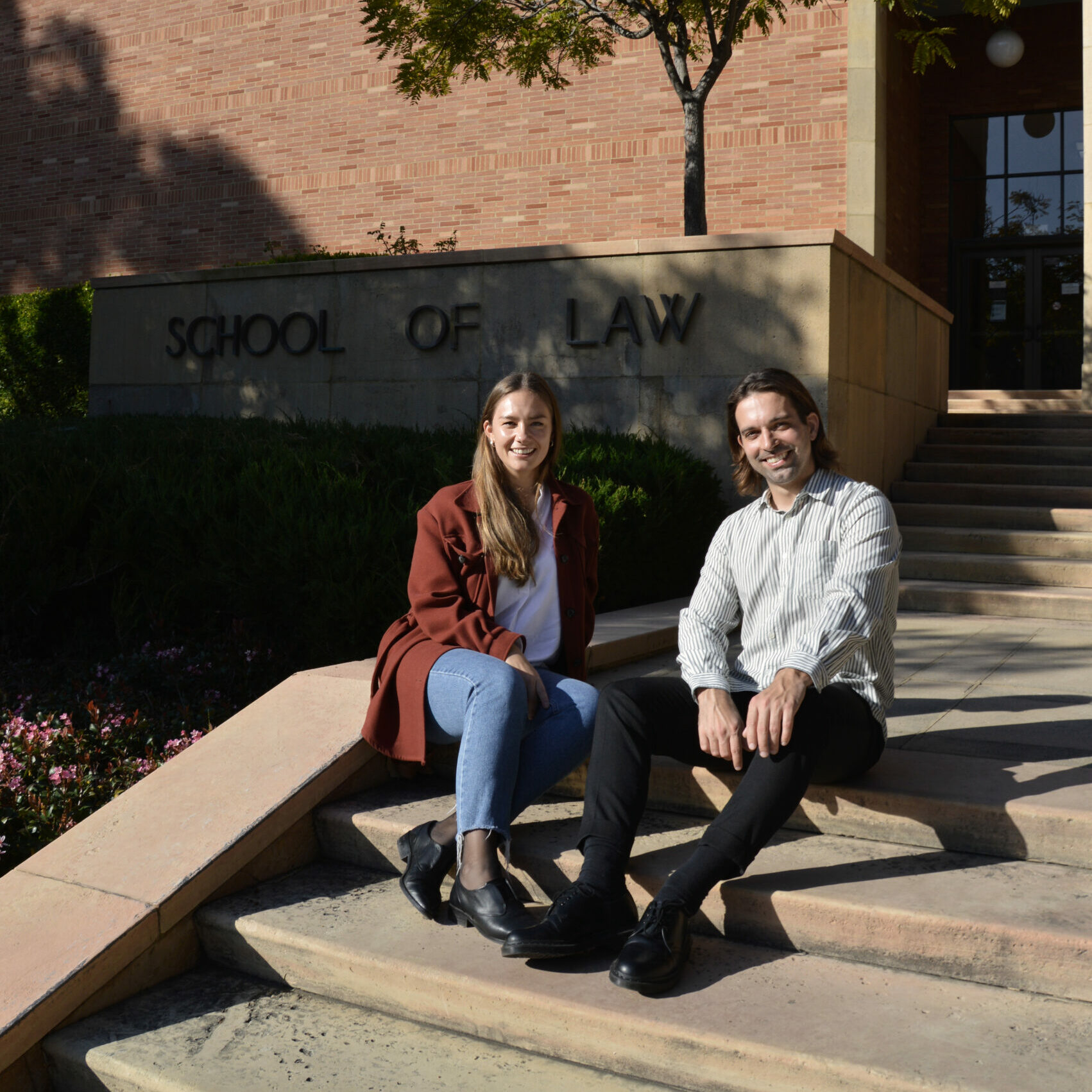


“I’ve always wanted to work abroad, preferably in a large international law firm. Despite Brexit, London remains a financial centre in Europe, and Slaughter and May is one of the most reputable firms in the city, so when I was offered the opportunity for a secondment here, I had no doubts.”
“Personally, my aim has been to get to know British culture better, to take advantage of London’s many cultural and culinary offerings, and to expand my international network. We are ten visiting lawyers who are seconded to Slaughter and May at the same time. This means that my international network – in addition to colleagues at Slaughter and May – has expanded to include lawyers from across Europe, Saudi Arabia, Japan and Argentina. One of my professional objectives was to challenge myself by working in a jurisdiction other than Denmark and with colleagues and clients that I hadn’t known for several years. It turns out that there are many similarities in the approach to work in a large law firm, whether it’s in Copenhagen or London, but of course there are also areas where Slaughter and May has a different approach to work and matters.”
“Due to Slaughter and May’s size alone, some administrative procedures are more formalised than at Gorrissen Federspiel, for example in connection with capacity management. Slaughter and May’s size also means that there is an underlying support system that only very large law firms can sustain, including secretarial support around the clock and at weekends, staff to handle all legal research tasks and staff dedicated to training and innovation. Slaughter and May also spends a lot of time trying to improve conditions for all employees, and I believe they are trying to push standards in the profession. Slaughter and May were the first to introduce a working practices code. This is a set of formal guidelines on the expectations for the work of lawyers. The guidelines cover, for example, the frequency with which employees are expected to check and reply to emails late at night and at weekends, as well as guidelines for organising and scheduling meetings. Of course, there are still many situations where the guidelines cannot be fully met, but in those situations, there is an open dialogue.”
“First and foremost, Slaughter and May is different in that it’s a much larger organisation with 1,200 people working at its London office. This means, among other things, that there are fewer familiar faces in the canteen, where there are up to 12 different symbols on the daily menu so that everyone can identify allergens and observe religious preferences. This illustrates very well how London is a city on a different scale than Copenhagen, and the diversity of the workforce that comes with it. On the practical side, the offices are organised very differently than at Gorrissen Federspiel, as no lawyers have individual offices, and all partners share an office with a trainee. It creates a very open culture in the office, where you never face a closed door.”
“I was surprised how quickly Slaughter and May integrated me into the daily work and how much trust I’ve been shown on assignments because I’m seconded from Gorrissen Federspiel. You often encounter prejudices that the big law firms have a tough working environment, but I’ve experienced that there’s an informal tone among colleagues and partners at Slaughter and May, and the social aspect is very important. During my secondment, we had regular after-work drinks once or twice a month in my department; I’ve attended the annual traditional gala plus one at Grosvenor House near Hyde Park with 1,300 attendees; my department has had its own Christmas party in the city and, of course, the Brits love going to the pub. It’s given me a great opportunity to network and get to know my colleagues better.”
“Just go. A secondment with a client or abroad is a great opportunity to test your skills outside Gorrissen Federspiel’s safe environment, and it also provides an opportunity to reflect on your professional and personal life. It’s become clearer to me what I value in my daily work at home, including my good colleagues and clients, and at the same time I’ve gained perspectives and input from Slaughter and May that I take back with me.”

For law student Simon Nordvig, it has been a dream since he began his legal studies to spend a semester abroad. With the support of Gorrissen Federspiel's travel grant, he has embarked on an exchange program to Vancouver, where he will study for six months at the University of British Columbia.

Chastine was seconded at Wachtell, Lipton, Rosen & Katz in New York. She was involved in the Twitter case against Elon Musk, where WLRK represented Twitter, aiming to enforce Elon Musk's commitment to complete the purchase at the agreed-upon price.

In August, the couple Marianne Niviaq Thomsen and Nikolaj Erichsen went to Los Angeles to pursue an LL.M. degree at UCLA.